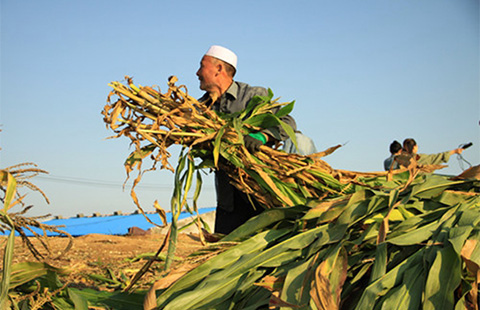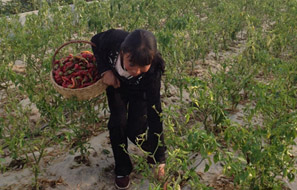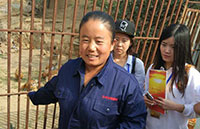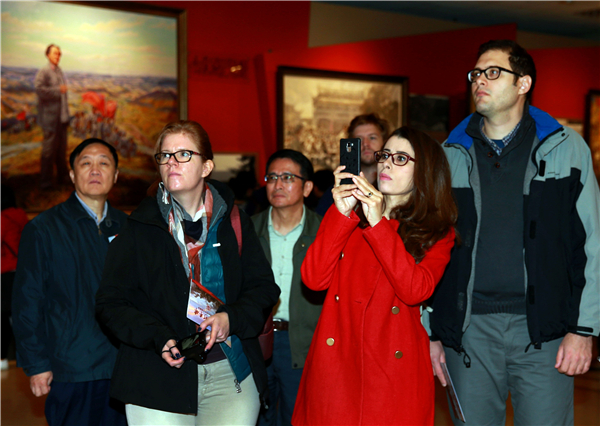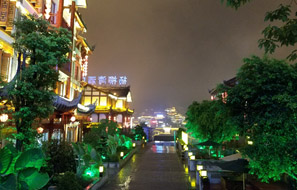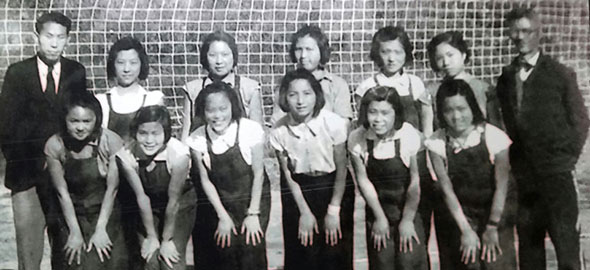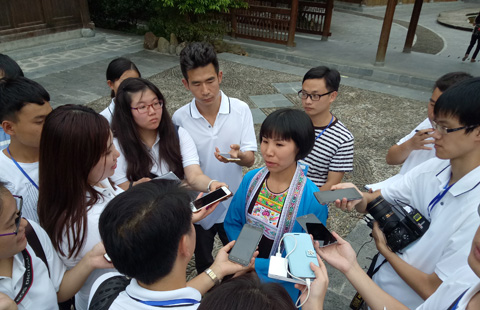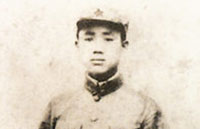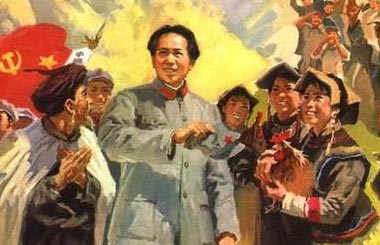Resettlement gives Hui people a new life
[2016-09-22 09:53]The brand new buildings of Xieling village are truly an eye-opener for those who see it for the first time.
Gansu village marches to new future
[2016-09-21 09:57]It takes two hours' drive on a slightly bumpy and winding road for our bus to arrive at Zhoujiawan village. The view of the grand mountain and the terrace fields along the way is impressive. Unfortunately, a beautiful view does not equal a decent life.
Village to hit the target of poverty alleviation
[2016-09-20 09:51]In a place where one of the fiercest battles in China's civil war took place, villagers in Shenjialing are shaking off poverty by taking advantage of beneficial policies.
Lanzhou's march into the global economy
[2016-09-19 10:18]Our Long March Press Tour troop transport drove along a wide, smooth avenue, flanked on either side by skinny trees and brand new buildings. As we pulled into the industrial park, I couldn't help but notice the fresh paint and pristine pavement. This is a dramatically different city from the one I remember.
Long March exhibit inspires foreign VIPs
[2016-10-11 07:00]General Abdoulaye Fall, Senegal's ambassador to China, said visiting the ongoing Long March exhibition at the China People's Revolution Military Museum on Sunday takes him back in time.
Reliving one of the Long March's hardest parts
[2016-09-15 17:38]Just as in the West, where we remember the many fallen who gave their lives in both world wars to ensure that future generations would not live under tyranny, China rightly remembers its heroes of the Long March, whose bitter struggles would ultimately help build a better tomorrow.
Guizhou: A red province in motion
[2016-09-12 14:50]Cameras constantly clicked to capture the contrast between the glowing red stars hanging on the bridge on the attractive Chishui River and high-rise buildings at various stages of completion in Moutai, a town filled with fragrance of liquor in Southwest China's Guizhou province.
Guizhou: It's not just Moutai that will leave you intoxicated
[2016-09-12 12:57]The economic turnaround is just one part of the story. By far the most interesting chapter – and the one that will change the landscape of this mountainous province – is its natural beauty.
Zhejiang University: Leaving a lasting legacy in Zunyi
[2016-09-12 10:47]In the winter of 1937, the Japanese forces began marching toward Hangzhou. The authorities knew that the only way to escape the relentless and indiscriminate bombing was to move Zhejiang University to a safer place. Thus began the great exodus.
Luo Jiamei: Guardian of Dong culture
[2016-09-08 09:54]To many Singaporeans, her name is not that strange. Playing the pipa, or Chinese lute, while performing traditional dance and wearing Dong-style clothes, she likes to keep her traditional lifestyle even outside her hometown.
Red Army soldier's photo finally reaches home after 67 years
[2016-09-12 09:58]A Red Army soldier's photo underwent twists and turns for more than half a century before it was sent back to its owner's home, Liberation Army Daily reported.
